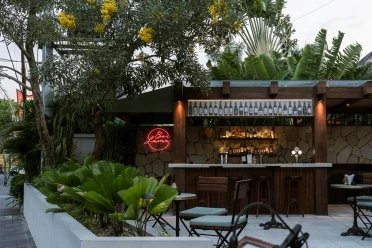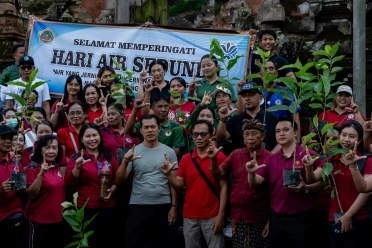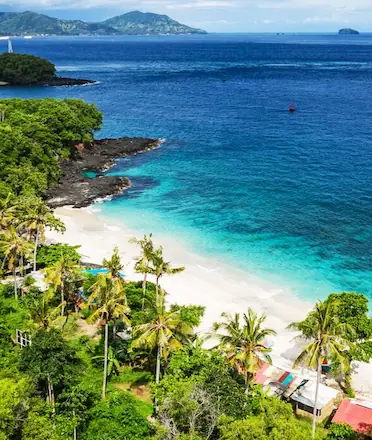Often hailed for its lush landscapes and vibrant culture, Bali now boasts another reason to captivate global attention: the discovery of what could be the world’s largest coral colony! Found in the waters surrounding the island, this awe-inspiring marine formation offers both ecological significance and a new avenue for environmental tourism.
This awe-inspiring marine formation offers both ecological significance and a new avenue for environmental tourism.
A Major Breakthrough in Marine Science
In early December 2024, a group of young Indonesian marine biologists from the NGO Ocean Gardener made a groundbreaking discovery off the coast of Nusa Penida. They found an expansive coral colony, which has since been named ‘Galatea Astreata’. Though further studies are still required to confirm its exact status, initial measurements suggest that this colossal formation could surpass the size of any previously recorded coral colony in the world.
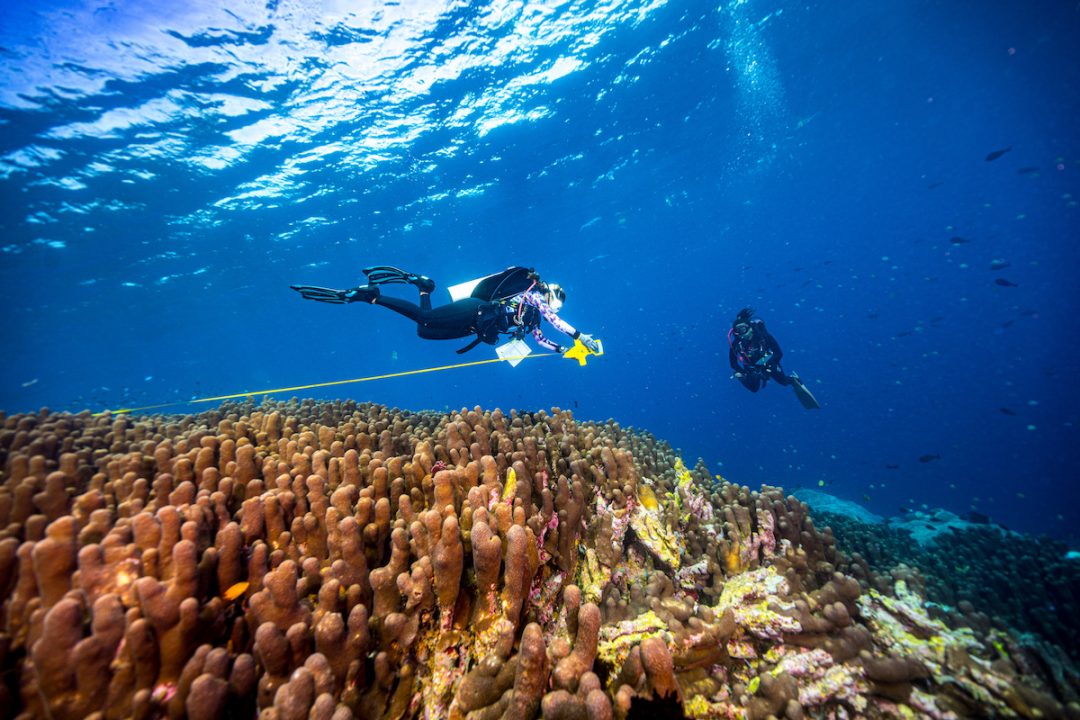
Ocean Gardener’s Research and Science Coordinator, Manikmayang, highlighted the significance of the discovery, noting that it has the potential to set a new world record. However, she emphasized that further testing is required to confirm its place among the world's largest coral colonies. Initial measurements of the Galatea Astreata colony show it covers an area of over 4,000 square meters, with dimensions of 58 meters in width, 71 meters in length, and 10 meters in height. These measurements surpass the previous record holder, the Pavona colony in the Solomon Islands, which is 34 meters wide, 32 meters long, and 5.5 meters high.
Ecological Importance: A Thriving Marine Ecosystem
The discovery of such a vast coral structure brings renewed focus to the importance of Nusa Penida’s marine ecosystem. The island, part of the Bali Province, is known for its clear, nutrient-rich waters that support a diverse array of marine life. The Galatea Astreata colony lies within the Nusa Penida Marine Protected Area (MPA), an area spanning 20,057 hectares that surrounds the Nusa Islands. This protected zone serves as a sanctuary for marine species such as manta rays, sunfish, and endangered sea turtles, contributing to the region's critical biodiversity.
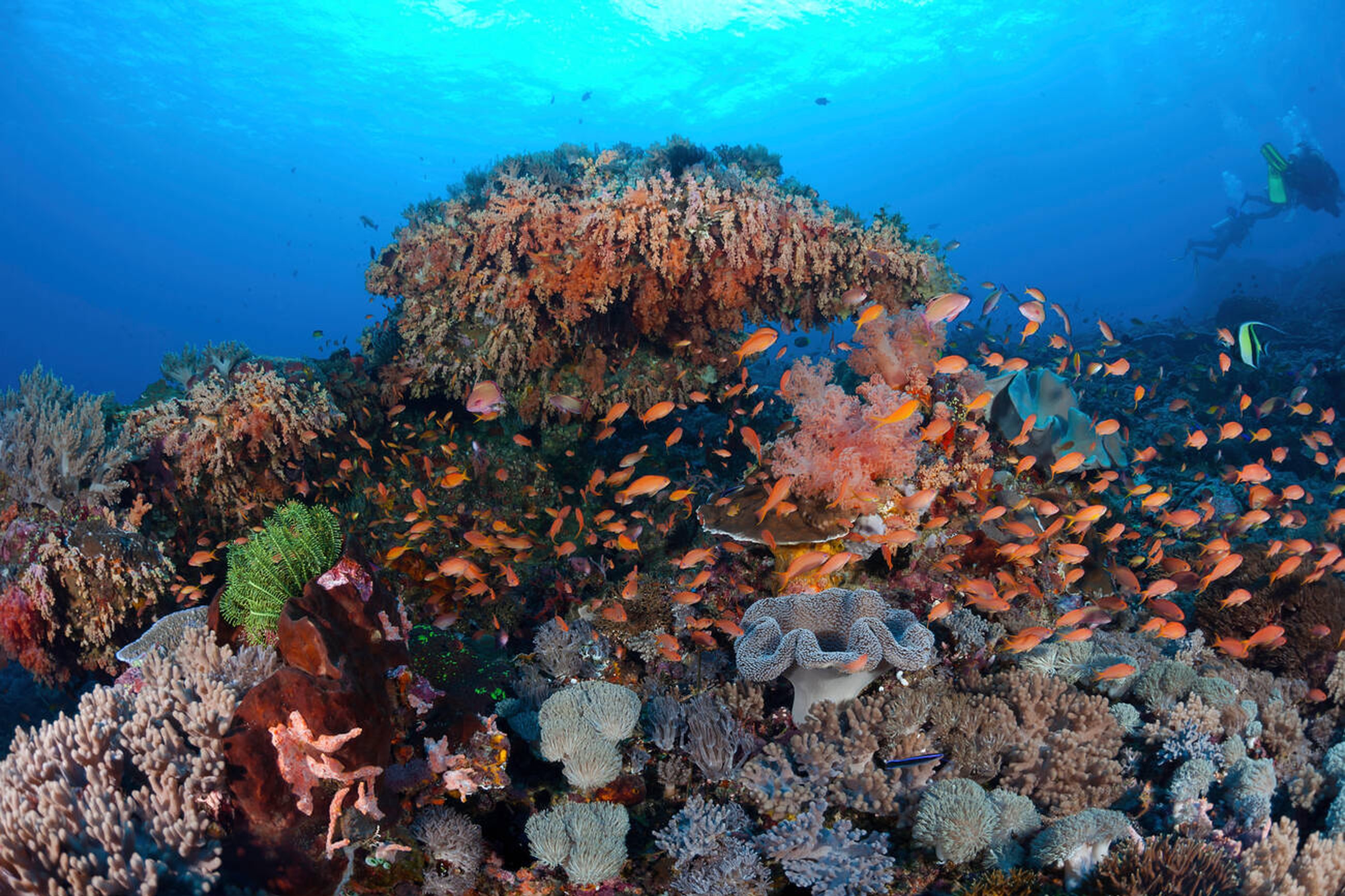
The ecological role of coral reefs in marine environments cannot be overstated. They provide shelter and sustenance for a multitude of marine species, acting as nurseries for juvenile fish and offering protection from coastal erosion. The Galatea Astreata colony, with its remarkable size and resilience, is likely home to countless species, making it a cornerstone of the island’s marine biodiversity.
Penida’s Expanding Environmental Protection
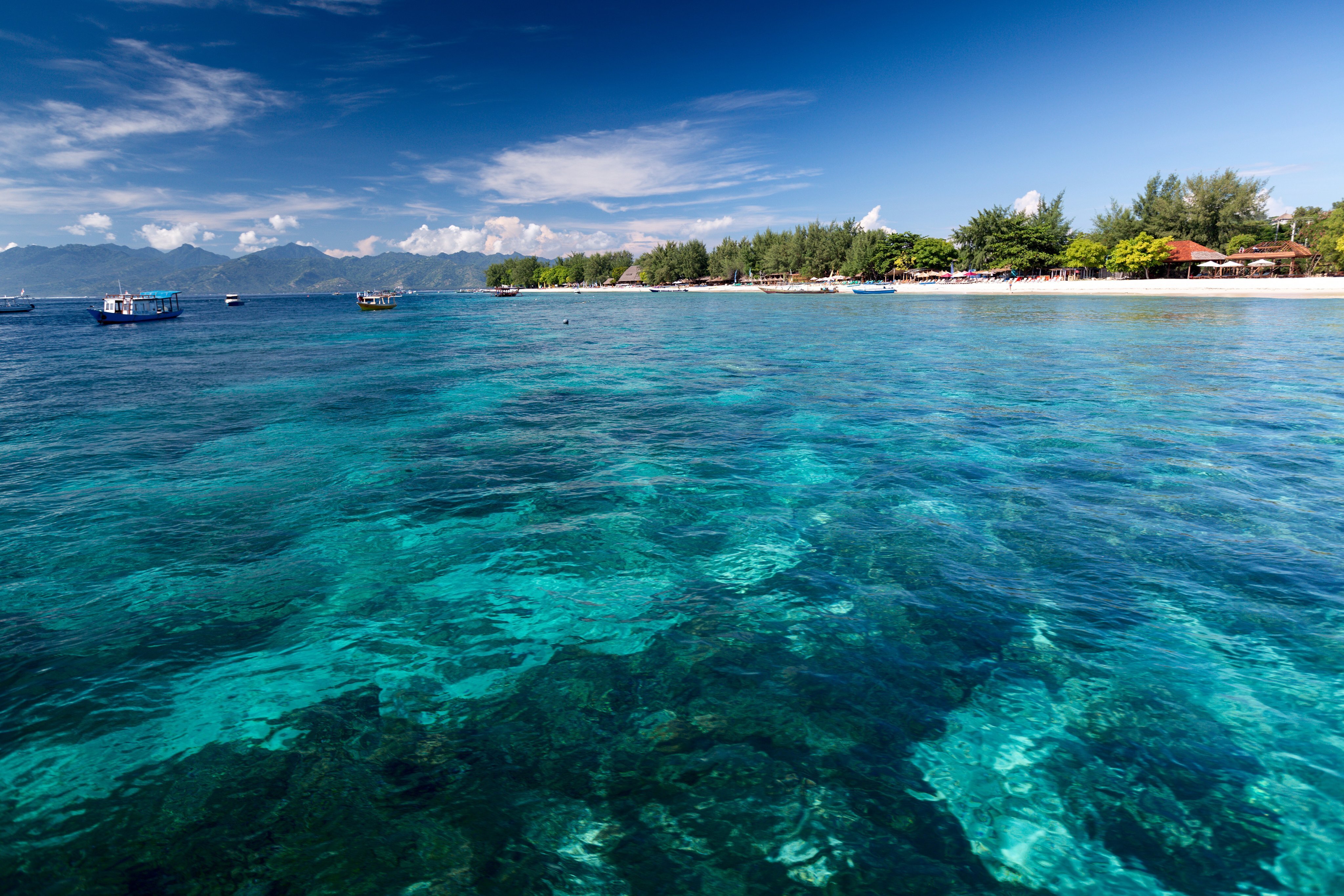
In November 2024, the waters surrounding Nusa Penida received an added layer of environmental protection, as the International Maritime Organisation (IMO) designated the area as a Particularly Sensitive Sea Area (PSSA). This recognition, which is also granted to the Great Barrier Reef, provides heightened international protection and underscores the significance of this marine ecosystem on a global scale. The PSSA designation aims to safeguard Nusa Penida’s waters from harmful activities such as overfishing, pollution, and unregulated tourism, helping to preserve the delicate balance of the area’s biodiversity.
Challenges and Conservation Efforts
While this discovery is a triumph, the challenges facing coral reefs worldwide are far from over. Climate change, ocean acidification, pollution, and over-tourism remain persistent threats to coral health. Even the largest and most resilient colonies, like Galatea Astreata, are not immune to these pressures.
In response to these threats, local authorities and conservation organizations are working to implement stronger protections and restoration efforts. Expanding the MPA, enhancing regulations on tourism, and continuing marine research are critical steps to safeguard the future of Bali’s coral reefs. The designation of the Nusa Penida area as a Particularly Sensitive Sea Area (PSSA) is an encouraging development, providing a framework for long-term conservation.
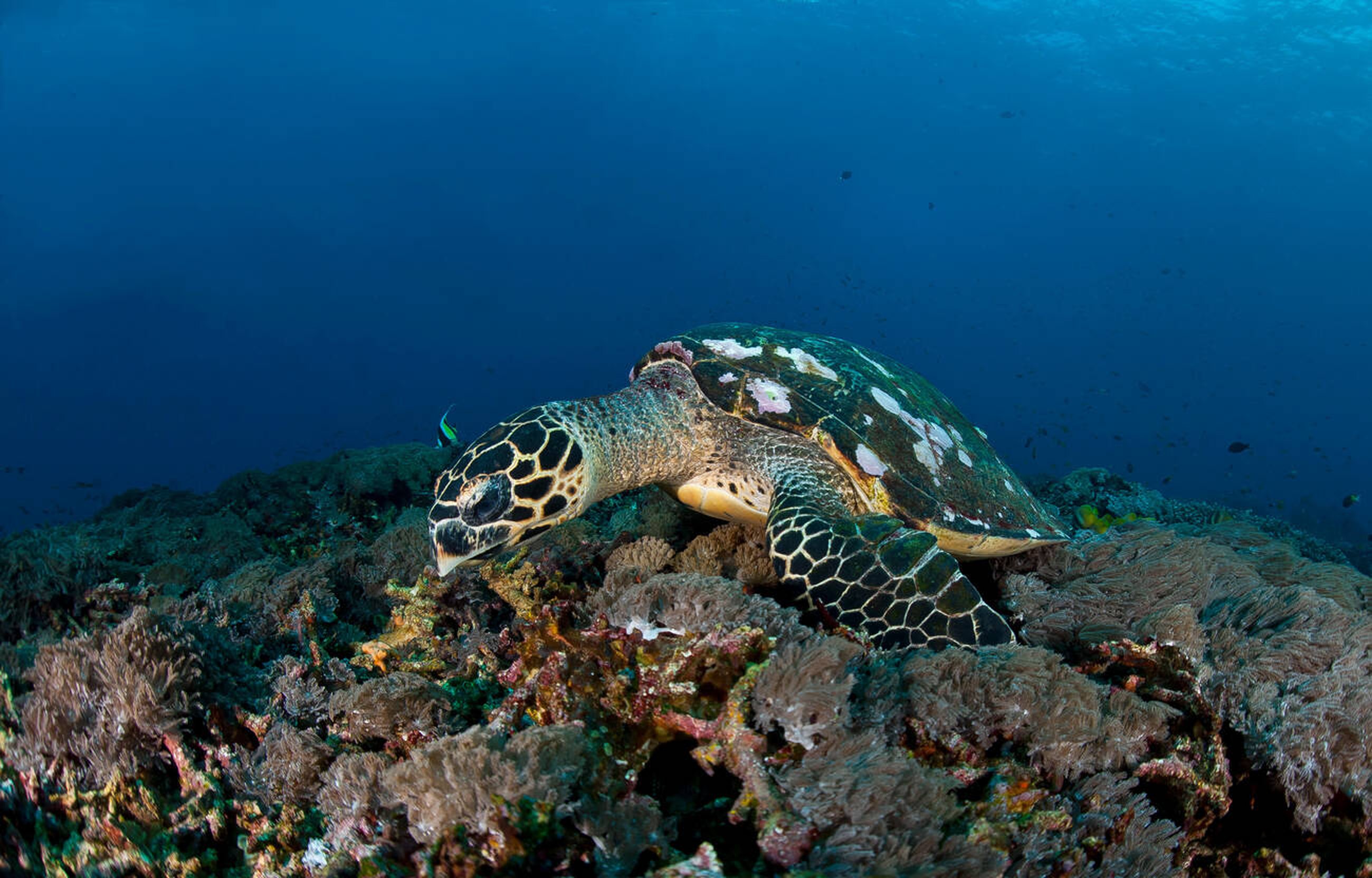
As Bali’s underwater treasure gains global attention, it offers a unique opportunity to inspire conservation efforts worldwide. This natural wonder serves as a reminder that preserving the planet’s biodiversity is not only necessary for ecological balance but also a celebration of the world’s inherent beauty and interconnectedness.



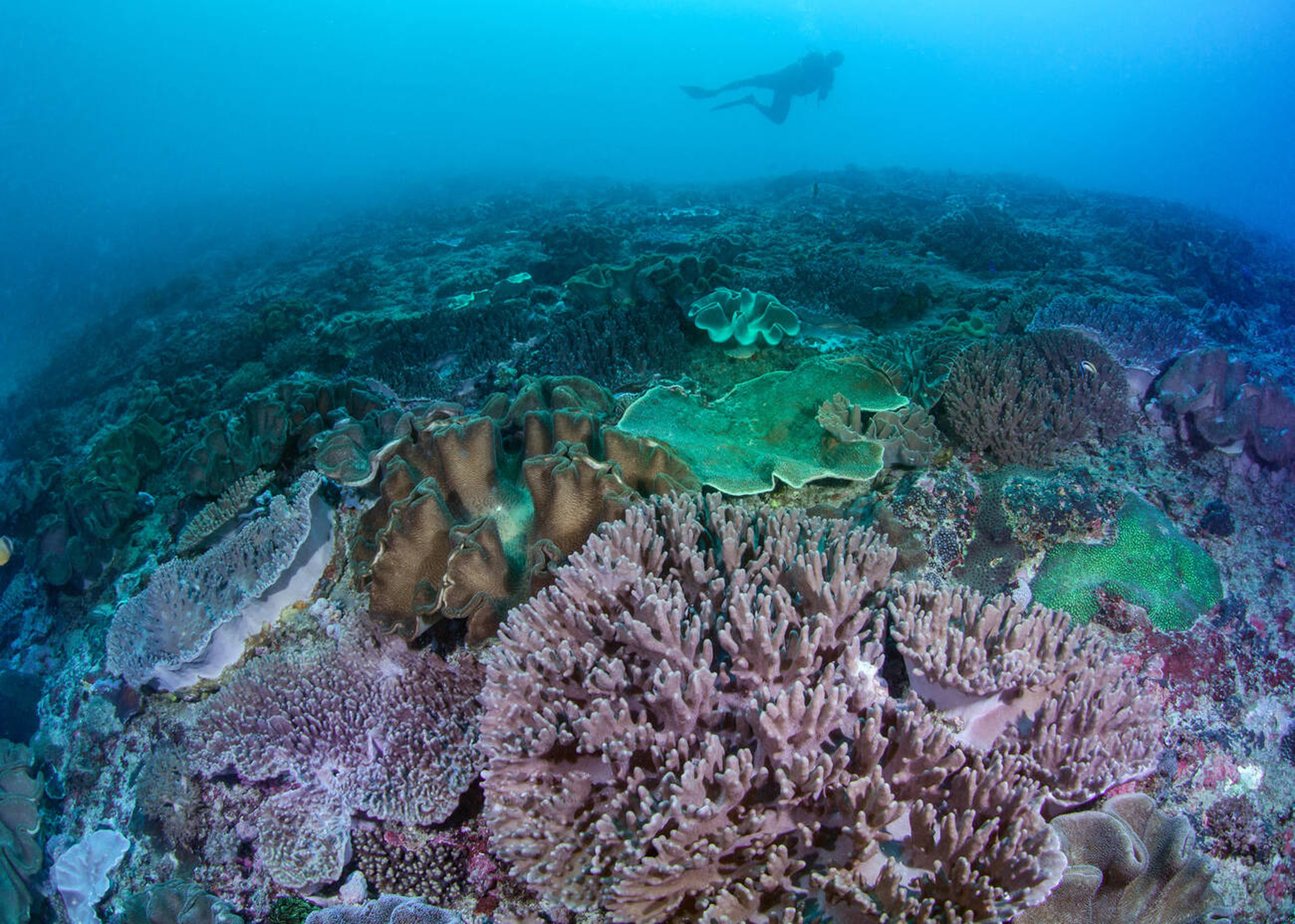
 Billy Bagus
Billy Bagus
 Dec 20, 2024
Dec 20, 2024
